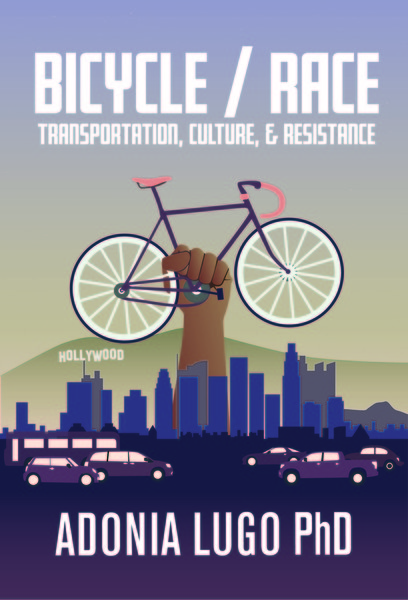Ray Bradbury is a cornball and a half. It's taken me a long time to accept that, because I love his books and stories so much that I wanted to believe that they transcended pulp. Humph, I would think, why must this work be relegated to the "Young Adult" section in the library? Really they're simple little stories, and when Bradbury tries to get too literary things do not go as well, in my opinion. It is his nostalgic paranoia I like best.
The Bradbury storyland most familiar to me blends a future where space travel seems commonplace with the summer pleasures of small town Illinois in the 1920s. Either the two worlds clash and the innocence of Bradbury's own childhood setting is destroyed, or what seemed like an unquestionably better modern life gets overthrown by the loveliness of Americana.
The nostalgic vision is not patriotic or anything, it's more about the senses engaged by the sights, smells, and tastes of small town life. And there's such a sense of individual fun that it manages to avoid the cheap suburban fantasy I associate with Thomas Kinkade paintings. In Bradbury's writing little boys read adventure stories, or freak out over cheap horror movies, then run home through quiet neighborhoods to porches crammed with swings and warm kitchens full of ice cream.
This is what is right with the world, he argues over and over; the simple facts of crickets and trolleys and nighttime walks. Bradbury's characters may travel to Mars and find this re-created, or try to re-create it only to find themselves consumed by a landscape beyond their ken. Suspicions gradually creep over his characters, who start to notice things skewing oddly. At first they or their companions dismiss these growing certainties that something is not right, but eventually they are overwhelmed by some alien force that sees them as a threat.
The paranoia tinging Ray Bradbury's stories guards against a world in which activities like reading books and walking through cities become criminal. He's a fierce advocate of libraries and bookstores, and proudly walks in Los Angeles. I couldn't admire this silly inventor more. Long before I thought of myself as a transportation activist his stories made me think about my own walks through San Juan Capistrano at night, with blooming flowers and swooping birds. Even though I was a little brown girl, a kid straddling racist divisions in a suburb built incongruously around one of the oldest European settlements in California, I knew just exactly what he meant.
Now when I revisit my favorite stories I can see that there is a mobility thread running through many of them. I just indulged in re-reading S is for Space, a collection of Bradbury stories that contains my very favorite, "Dark They Were, and Golden Eyed." I came across several stories that take place in future cities. One, "The Pedestrian," actually ends with the character who dares to walk through his neighborhood at night getting arrested by a police drone.
In a world where private living and private moving are the norm, those of us who like to stay outside our cars become suspects. This is what I hear Bradbury warning against: we must leave our landscapes open, lest we shut out the very magic that sustains our creative life.
He found mystery and surprise in the old fashioned, the forgotten. As a feminist and critical analyst of popular culture I've trained myself to question nostalgia, as it empinkens past places that weren't nearly so nice as they seem now. With mobility it's different, though. Riding a bike and walking can never be merely nostalgic, because they take you through a living landscape of other human beings who demand recognition as your present fellows. That is, as long as there are others out there, or else you'd just be walking alone. And then there wouldn't be anyone to help you when the police drone shows up...
Soon I'll be able to put away school and read Bradbury's Dandelion Wine. It's never failed to bring me summertime yet.

